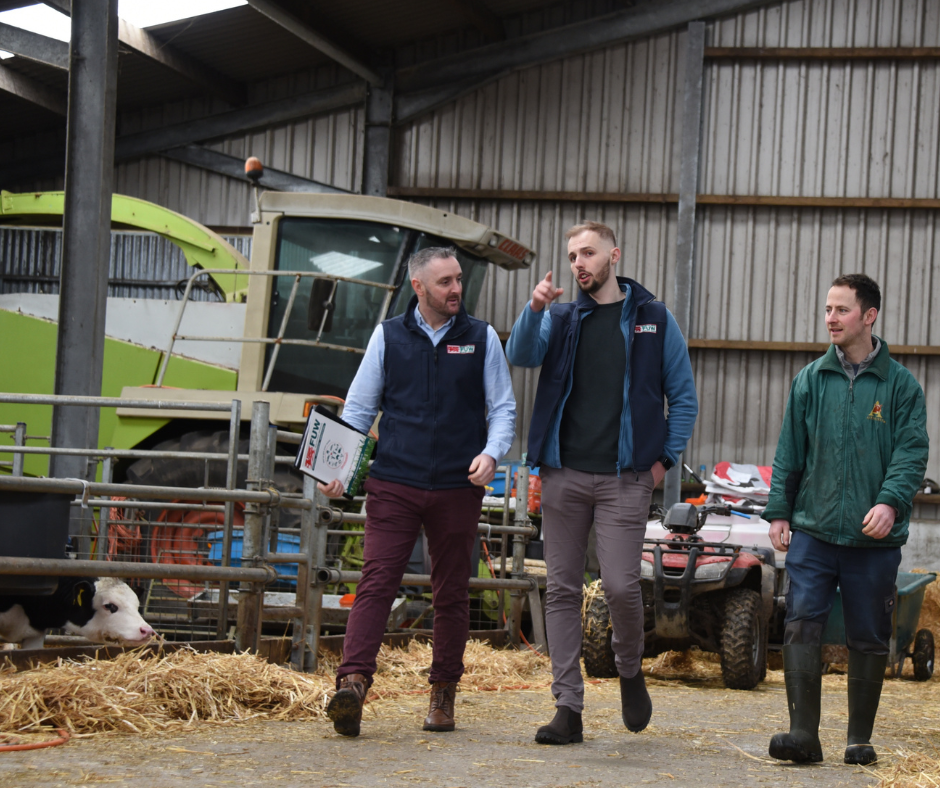
FUW column week commencing 3 April
It saddens me that despite efforts to highlight the dangers on farms time and time again, fatalities and accidents of varying severity remain a regular occurrence on our farms. The figures we see reported also don’t include the near misses and life changing injuries, which means that things are likely to be a lot worse than the statistics highlight.
Together with our partners in the Wales Farm Safety Partnership (WFSP), we are working on raising awareness and reducing the risk of harm faced by those in our industry and I urge the farming community to take this problem seriously and really think about whether the risks they are taking are justified.
The FUW and FUW Insurance Services are committed to make farming a safer industry by working together and providing advice and guidance, in conjunction with the Health and Safety Executive (HSE), in order to improve the situation and to save lives on our farms.
With this in mind, we turn our attention to the next official theme of the WFSP, which aims to highlight best practices when it comes to transport and machinery. Official advice from the HSE states that you should check your vehicle for faults now, before it’s too late.
Vehicles, they stress, work hard on farms and that’s why it’s vital they are checked and maintained regularly to detect faults and prevent mechanical failures. These safety checks help to protect you, your family and your farm.
It is also argued that around 50% of deaths involving moving vehicles on British farms could have been prevented if areas such as breaks and seatbelts of the vehicles are in good condition. Farmers are advised to regularly check and maintain brakes on all vehicles. Trailers must also have brakes designed for the maximum loads and speeds at which they will operate.
You are also asked to ensure a seatbelt is fitted and worn every time a vehicle is used and for vehicles which have doors fitted as standard, you need to make sure the doors are attached securely and remain closed when the vehicle is moving. For vehicles that have mirrors fitted as standard, double check they are fitted securely and are clean to ensure optimum visibility.
Every year farmers are killed or seriously injured when their vehicle overturns or a vehicle or machinery falls during maintenance. The HSE further highlights that maintenance work should be done by someone with the skills and knowledge to undertake the work safely. For example, they should ensure that all the power to the vehicles and machinery is switched off before any maintenance work is started.
In addition to following best practices when it comes to practical tasks, we also encourage our members to make sure they have the right insurance cover in place. There are too many people dying on farms across the UK, and I urge the industry not to be complacent – your safety and that of your family must be your priority but if the worst case scenario comes true then having the right insurance in place should not be left to chance.
Our claims teams see the results of accidents on farms on a daily basis and we see the impact such accidents have on individuals, families and businesses. Thankfully, on most occasions, we’re able to respond and put things right for our members and clients. However there are times when problems do arise because either cover is not in place or is inadequate to cover the loss incurred. Neither our farmers nor us as an insurer want to be in that position – so please be safe, follow the guidance and contact us in the county office for any insurance queries you might have.
